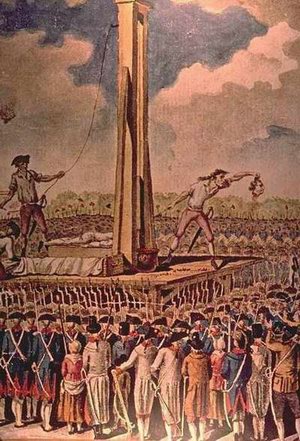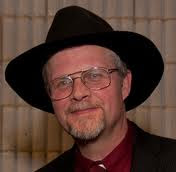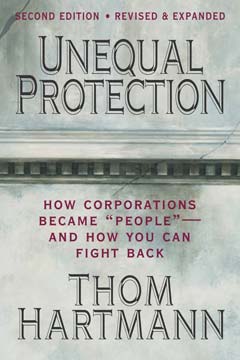 Passages that Prove the Holy Spirit’s Distinct Personhood
Passages that Prove the Holy Spirit’s Distinct Personhood
John 16: 13 But when He, the Spirit of truth, comes, He will guide you into all the truth; for He will not speak on His own initiative, but whatever He hears, He will speak; and He will disclose to you what is to come. [Thus the Son distinguishes himself from the Holy Spirit]
Acts 8: 29 Then the Spirit said to Philip, “Go up and join this chariot.”
Acts 10: 19 While Peter was reflecting on the vision, the Spirit said to him, “Behold, three men are looking for you.20 But get up, go downstairs and accompany them without misgivings, for I have sent them Myself.”
Acts 11: 12 The Spirit told me to go with them without misgivings. These six brethren also went with me and we entered the man’s house.
Acts 13:2 While they were ministering to the Lord and fasting, the Holy Spirit said, “Set apart for Me Barnabas and Saul for the work to which I have called them.”
1 Cor 12:11 11 But one and the same Spirit works all these things, distributing to each one individually just as He wills. [Here we have a distinct will]
Mat 28: 19 Go therefore andmake disciples of all the nations, baptizing them in the name of the Father and the Son and the Holy Spirit
2 Cor 13: 14 The grace of the Lord Jesus Christ, and the love of God, and the fellowship of the Holy Spirit, be with you all.
Eph 4: 30 Do not grieve the Holy Spirit of God, by whom you were sealed for the day of redemption. [This is not changing emotion but anthropopathism-thus this is volitional]
Rom 8: 26 In the same way the Spirit also helps our weakness; for we do not know how to pray as we should, but the Spirit Himself intercedes for us with groanings too deep for words; 27 and He who searches the hearts knows what the mind of the Spirit is, because He intercedes for the saints according to the will of God. [Here his intercession distinguishes him from the Father]
John 15:26 “When the Helper comes, whom I will send to you from the Father, that is the Spirit of truth who proceeds from the Father, He will testify about Me [Spirit distinct from the Father]
Passages that Prove the Holy Spirit’s Divinity With Respect to the Ontological Trinity
John 15: 26 “When the Helper comes, whom I will send to you from the Father, that is the Spirit of truth who proceeds from the Father, He will testify about Me, 27 and you will testify also, because you have been with Me from the beginning. [This passage shows that the Holy Spirit is not said to be created out of nothing but to have proceeded from the Father]
Heb 9: 14 how much more will the blood of Christ, who through the eternal Spirit offered Himself without blemish to God, cleanse your conscience from dead works to serve the living God?
Mat 28: 19 Go therefore and make disciples of all the nations, baptizing them in the name of the Father and the Son and the Holy Spirit [Equality with reference to nature]
2 Cor 13: 14 The grace of the Lord Jesus Christ, and the love of God, and the fellowship of the Holy Spirit, be with you all.
Therefore, it has been proven that the Holy Spirit is a distinct divine person from the Father, and the Son and this includes having his own will. Now to the issue of the Son’s Generation and the Spirit’s Procession: One interesting passage that must be faced is John 8: 42 Jesus said to them, “If God were your Father, you would love Me, for I proceeded forth and have come from God, for I have not even come on My own initiative, but He sent Me.
Here, in the verse, the Greek for proceeded is, ἐξέρχομαι exerchomai. It is in the 2nd aorist tense, thus denoting a past tense, hence the translation is, “proceedED”. http://www.blueletterbible.org/Bible.cfm?b=Jhn&c=8&v=1&t=KJV#conc/42
In John 15:26, we have the Greek, ἐκπορεύομαι ekporeuomai, which is in the present tense, and active voice denoting a continuous process, thus the translation, “proceeds”.
Thus John 8 pertains to the Son’s activity in the economia, while John 15 pertains to the Holy Spirit’s activity in Eternity.
John of Damascus said, speaking of the difference between procession and eternal generation,
“We have an analogy in Adam, who was not begotten (for God Himself moulded him), and Seth, who was begotten (for he is Adam’s son), and Eve, who proceeded out of Adam’s rib (for she was not begotten). These do not differ from each other in nature, for they are human beings: but they differ in the mode of coming into existence.”
http://www.newadvent.org/fathers/33041.htm
Here in our analogy, Adam would represent the Father, Eve, the Spirit and Seth the Son; Unbegotten-ness, Procession and Generation. Procession bears nature but not gender. Generation bears nature and gender. However, there is a point to recognize: In Gen 1:27 we read “God created man in His own image, in the image of God He created him; male and female He created them.”
Both the male and female gender are aspects of God. I think it is no accident then that just as Eve, the female, proceeded from Adam, the Spirit bears the female characteristics of God. In the New Testament we have an emphasis on the Holy Spirit’s nurturing and comforting qualities. I didn’t say that the Holy Spirit’s comforting qualities were confined to the economia. God’s mercy is not dependent on him being merciful to creatures. Just because the divine persons display certain of their qualities IN the economia does not mean that those qualities are confined to the economia or dependent on a creation. That would be Pagan thinking where everything’s nature is dependent on its opposite.
Therefore, we know that the Procession of the Holy Spirit is an eternal and ontological extension from the Father, just like the Eternal Generation of the Son. Thus the difference, as Damascus pointed out, is in the mode of these actions, not their essential nature. In my Sundry Philosophical Queries Regarding the Trinity, I stated, “Truly, if nature directs activity, then the Son does eternally extend from a necessity of some Idea in God’s Mind.” This assumes of course that God’s nature is his thinking, which is a fundamental aspect of Clarkian Calvinistic philosophy. Now, just as we have seen, that the Creation and the Son are different with reference to ontology, due to the fact that they extend from different “places” in God, the former from God’s will, the latter from his nature, even so, the Son and the Spirit, both extending from nature must extend from different Ideas within God’s mind. This is how we distinguish eternal generation and eternal procession.
Therefore we distinguish the Son and the Spirit:
- By the fact that the Scripture demonstrates that they are distinct subjects, thus distinguishing by numeric nature.
- By the fact that the Holy Spirit has his own will.
- By the gender specific relations they display in the economia.
- By sourcing the two persons in different Ideas (“places”) in God’s mind.
Now I admit that these points do not give us exhaustive knowledge of this issue, but proportional knowledge capable of providing the necessary elements for the Doctrine of God and its functions in Systematic Theology, Metaphysics and Epistemology.
Now to acknowledge an objection: The west argues that the double procession distinguishes procession from generation while the East has no distinction.
- I have just shown we do have a way to distinguish the two eternal extensions, even though that explanation is not exhaustive. The Eastern Orthodox may struggle to do this because they cannot speak of God ad intra (Due to the huperousia principle involved in their Essence and Energies Distinction), thus distinguishing the different “places” in God becomes impossible.
- Describing the circumstances of an action does not define the action, even in a proportional sense. If I said that I gwiddlesnarked from school and from work, the numeric circumstances of my gwiddlesnarking tell you nothing of what it means to gwiddlesnark.
Leave a Response »
 Passages that Prove the Holy Spirit’s Distinct Personhood
Passages that Prove the Holy Spirit’s Distinct Personhood
 Rev 3:14 “To the angel of the church in Laodicea write:The Amen, the faithful and true Witness, the Beginning [archē] of the creation of God, says this:
Rev 3:14 “To the angel of the church in Laodicea write:The Amen, the faithful and true Witness, the Beginning [archē] of the creation of God, says this:


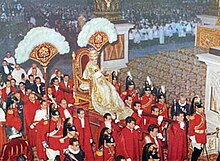
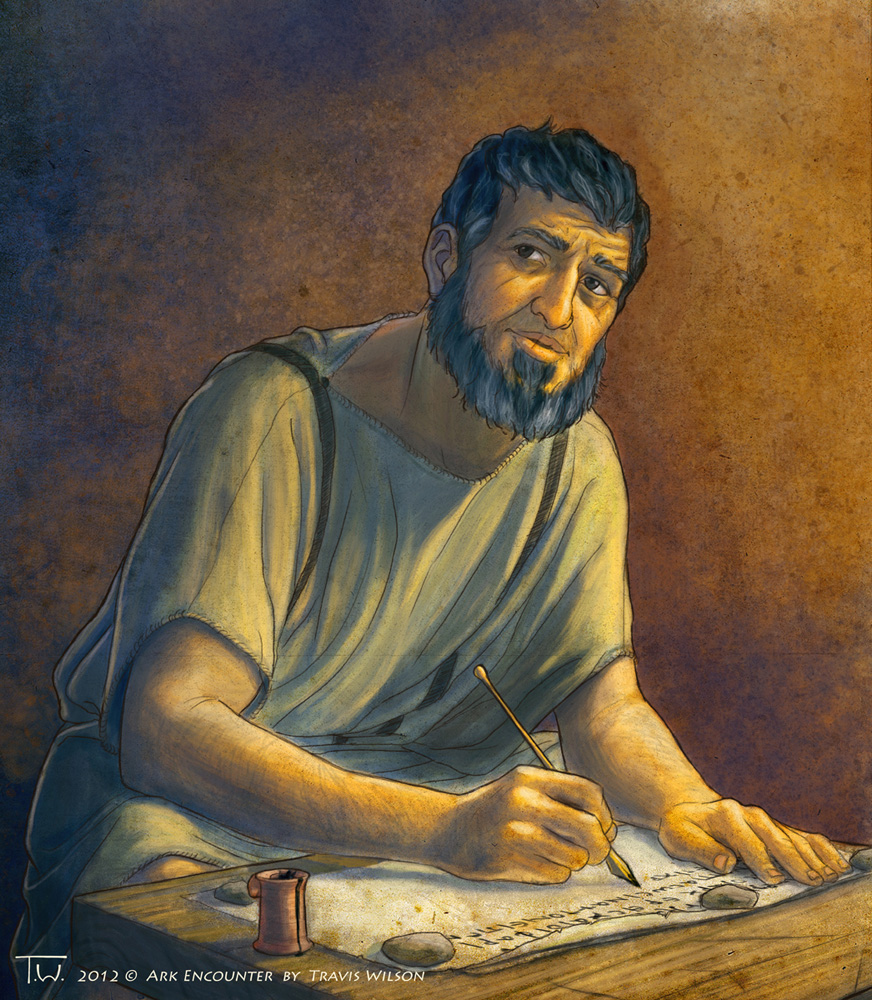


-1-.jpg)

